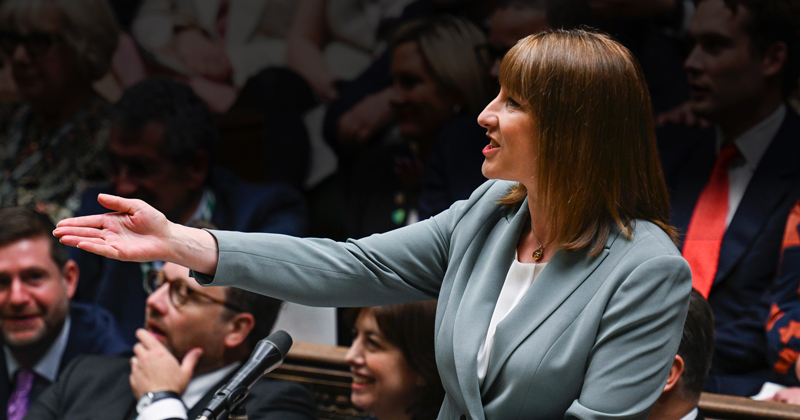The National Education Union (NEU) has been sounding the alarm about the special educational needs and disability (SEND) crisis for years. It is a crisis born of a decade of neglect, underfunding and ideological missteps.
So we welcome this week’s report on SEND from the education select committee. It sets out a series of recommendations that echo our calls for a fundamental shift in culture and a significant increase in funding to make mainstream education genuinely inclusive.
Over the past five years, it has become a consensus that there is a crisis in SEND provision. What I have found most heartening about the report is that we are moving towards a consensus around how the crisis can be solved.
Defining terms
First and foremost, the committee are right to highlight the lack of a clear definition of inclusive education.
Past education secretaries have refused to take this obvious step for a combination of ideological and financial reasons.
Ideologically, a long series of post-holders on the political right have not wanted to give a description of how schools should organise themselves so as not to get in the way of the hidden hand of the market. They believed that competition between schools and multi-academy trusts would inevitably lead to the right solutions.
Financially, the undeniable fact is that the education system has had its resources remorselessly squeezed. As the school cuts website revealed this week, mainstream schools in England have had their spending power cut by £4.2 bilion since 2010, so laying out what schools should be able to provide would have inevitably required an increase in funding for mainstream schools.
Ending exploitation
The next issue is staffing. Currently the special needs system relies on over-working and under-appreciating school staff.
In far too many schools, SENDCos are hugely overworked and not adequately supported. In a survey earlier this year, the NEU found that just 1 in 7 SENDCos describe their workload as manageable most of the time.
Meanwhile, the overwhelming majority of those who deliver specialist support to children with special needs are teaching assistants and learning support assistants. These committed staff members are on shockingly low wages, without proper training and lacking a career structure. Most of their training is delivered by working through online presentations, which we know are deeply inadequate.
The committee are right to demand an end to this gross exploitation, which is driving experienced staff out of the system.
Curriculum reform
The curriculum has not been designed to accommodate all pupils. It is currently too narrow, inflexible and overstuffed with content for too many pupils. The committee is right to demand “a flexible curriculum which accommodates the needs of pupils with SEND”.
The government will shortly publish their next white paper on school and SEND reform. We are encouraged by some of the steps ministers have already taken to fix the system, such as allowing local authorities to open new schools and giving local authorities powers to coordinate school admissions policies in their area.
We expect ministers to take this report seriously. We hope they will adopt many if not all the recommendations in it, alongside those from the Local Government Association’s report from last year, which made similar arguments and recommendations.
The key challenge will be for the chancellor. Is Rachel Reeves prepared to find the resources necessary to successfully implement SEND reform?
The evidence is not encouraging. The recent spending review increased funding for special education by 5 per cent, when in the latest year the number of pupils identified with SEND increased by 11 per cent. This modest increase was afforded by starving mainstream schools.
The government cannot seriously expect to improve public services without bringing an end to austerity.












Your thoughts